Crisis: Behind a Presidential Commitment
1963
0h 52m
During a two-day period before and after the University of Alabama integration crisis, the film uses five camera crews to follow President John F. Kennedy, attorney general Robert F. Kennedy, Alabama governor George Wallace, deputy attorney general Nicholas Katzenbach and the students Vivian Malone and James Hood. As Wallace has promised to personally block the two black students from enrolling in the university, the JFK administration discusses the best way to react to it, without rousing the crowd or making Wallace a martyr for the segregationist cause. Preserved by the Academy Film Archive in partnership with The Film Foundation in 1999.
If current server doesn't work please try other servers beside.
Similar Movies
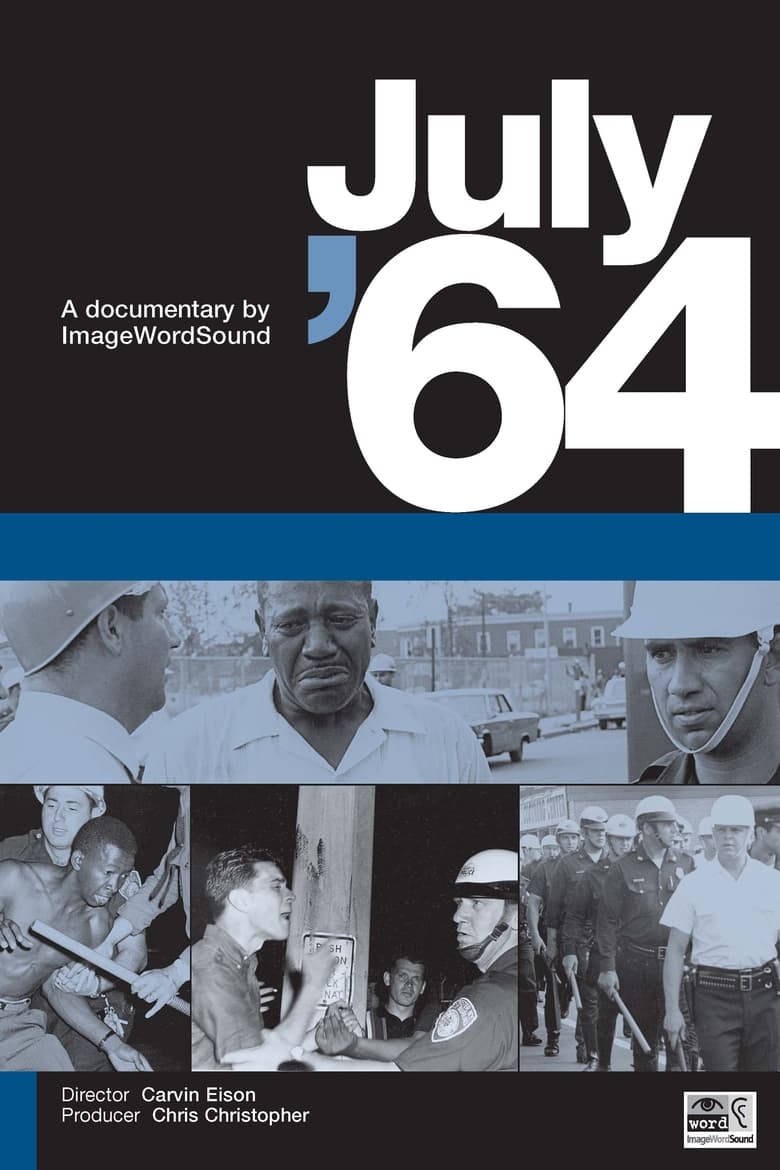
July '64
A historic three-day race riot erupted in two African American neighborhoods in the northern, mid-sized city of Rochester, New York. On the night of July 24, 1964, frustration and resentment brought on by institutional racism, overcrowding, lack of job opportunity and police dog attacks exploded in racial violence that brought Rochester to its knees. Combines historic archival footage, news reports, and interviews with witnesses and participants to dig deeply into the causes and effects of the historic disturbance.
Rating:
7.0/10
Votes:
1
Year:
2004
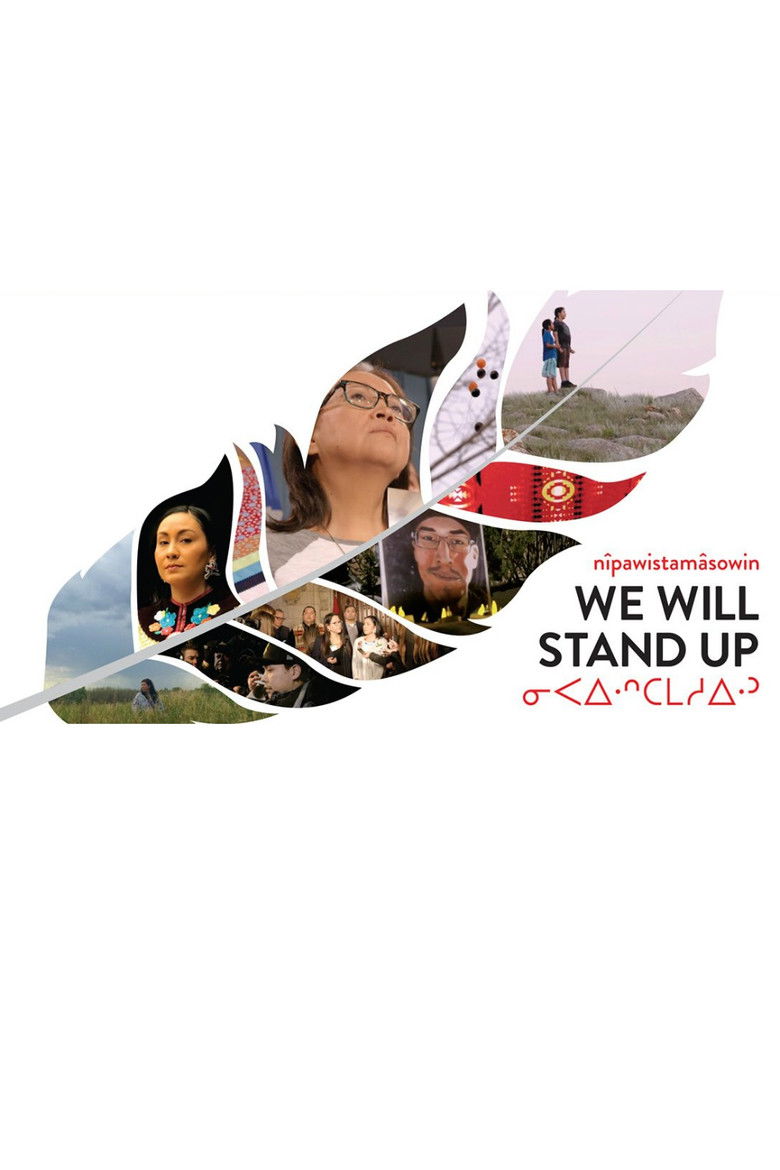
nîpawistamâsowin : We Will Stand Up
On August 9, 2016, a young Cree man named Colten Boushie died from a gunshot to the back of his head after entering Gerald Stanley's rural property with his friends. The jury's subsequent acquittal of Stanley captured international attention, raising questions about racism embedded within Canada's legal system and propelling Colten's family to national and international stages in their pursuit of justice. Sensitively directed by Tasha Hubbard, "nîpawistamâsowin: We Will Stand Up" weaves a profound narrative encompassing the filmmaker's own adoption, the stark history of colonialism on the Prairies, and a vision of a future where Indigenous children can live safely on their homelands.
Rating:
8.3/10
Votes:
3
Year:
2019
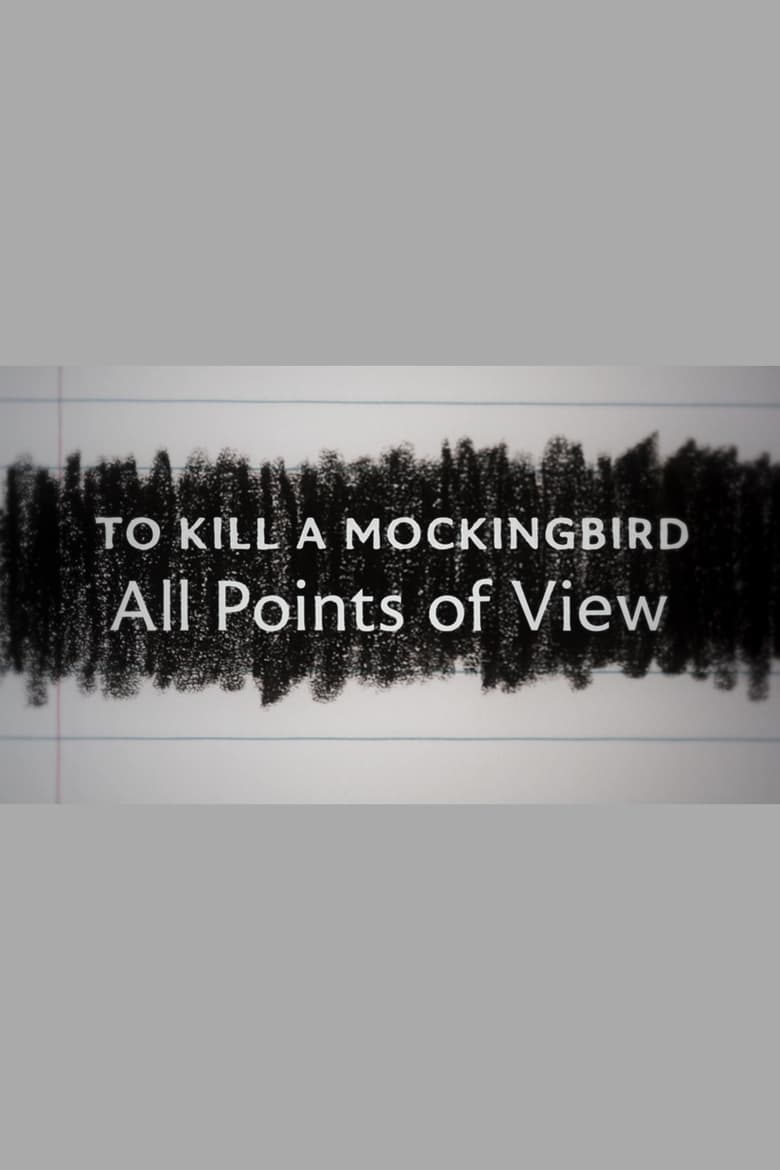
To Kill a Mockingbird: All Points of View
A 60th anniversary retrospective documentary on the influence and context of the 1962 film, To Kill a Mockingbird.
Rating:
0.0/10
Votes:
0
Year:
2022
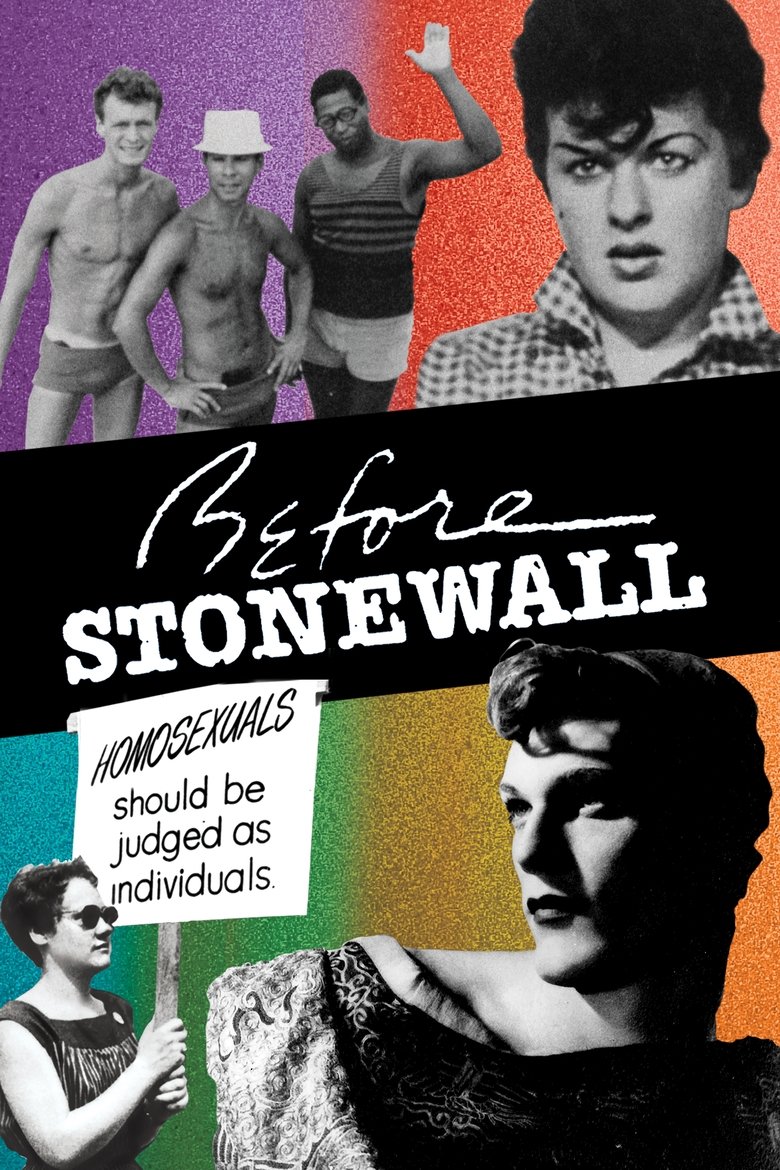
Before Stonewall
New York City's Stonewall Inn is regarded by many as the site of gay and lesbian liberation since it was at this bar that drag queens fought back against police June 27-28, 1969. This documentary uses extensive archival film, movie clips and personal recollections to construct an audiovisual history of the gay community before the Stonewall riots.
Rating:
6.7/10
Votes:
29
Year:
1984

Salute
The black power salute by Tommie Smith and John Carlos at the 1968 Mexico Olympics was an iconic moment in the US civil rights struggle. Far less known is the part in that episode in history played by Peter Norman, the white Australian on the podium who had run second — and the price paid afterward by all three athletes.
Rating:
6.6/10
Votes:
9
Year:
2008

Mary Lou Breslin: San Francisco Foundation Community Leadership Awards 2009
Mary Lou Breslin, co-founder of the Disability Rights Education and Defense Fund, winner of the San Francisco Foundation 2009 Community Leadership awards (the Robert C. Kirkwood Award) - for making a mark in defining disability rights as a civil rights issue. She is a trailblazer whose grassroots movement has had tremendous impact addressing human rights abuses and neglect worldwide. As co-founder of the Disability Rights Education and Defense Fund, Mary Lou was at the forefront of creating the 1990 Americans with Disabilities Act (ADA), the Fair Housing Amendments Act, and the Civil Rights Restoration Act leading to protected rights and enhanced opportunities for us all, not just those with disabilities.
Rating:
0.0/10
Votes:
0

Why Ethiopian Jews Are Building a Movement Against Racism in Israel
"Solidarity marches for U.S. protesters rippling around the world reached Israel on Tuesday where hundreds of protesters waved 'Black Lives Matter' signs and chanted “George Floyd.” They also called out another name: Solomon Teka. "Over the past five years, six young men of Ethiopian descent have been killed by cops, according to the Association for Education and Social Integration of Ethiopian Jews. Police data also shows Ethiopian Israelis are still disproportionately overrepresented in arrests and indictments even though they make up 2 percent of the population. "Young Ethiopian Israelis have led the protest movement against racism and called for systemic reform."
Rating:
0.0/10
Votes:
0
Year:
2020
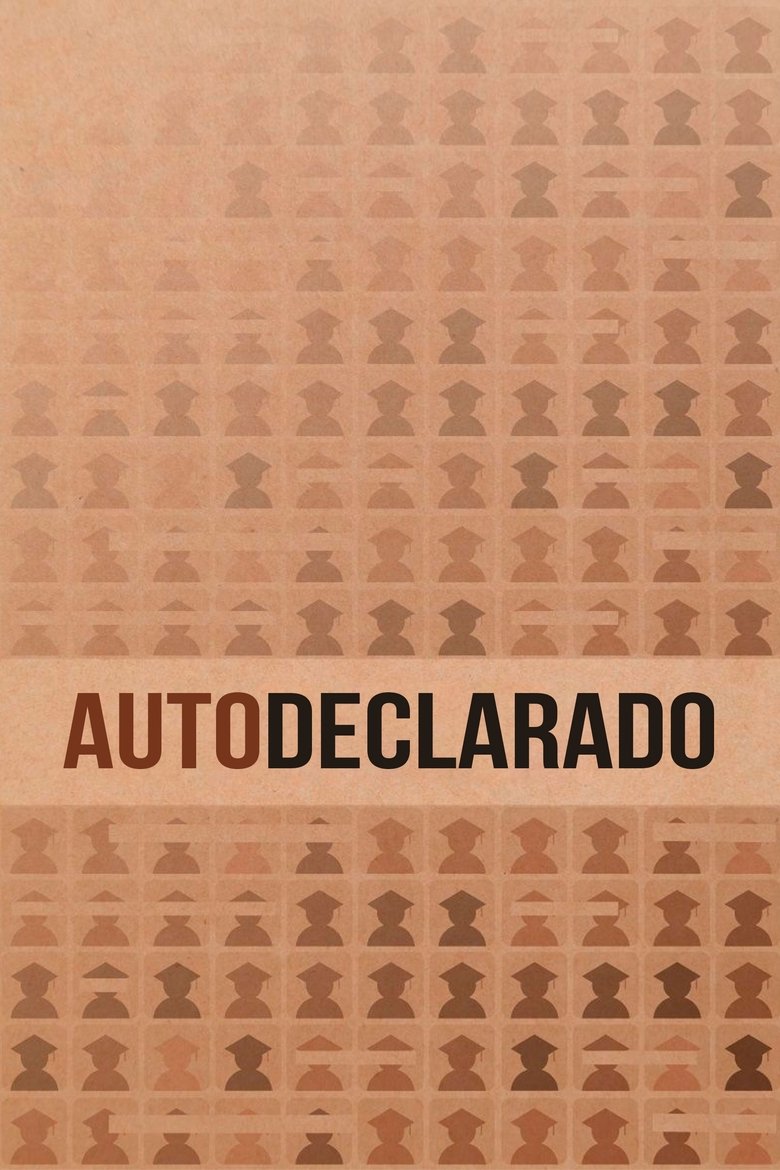
Autodeclarado
Rating:
0.0/10
Votes:
0
Year:
2022
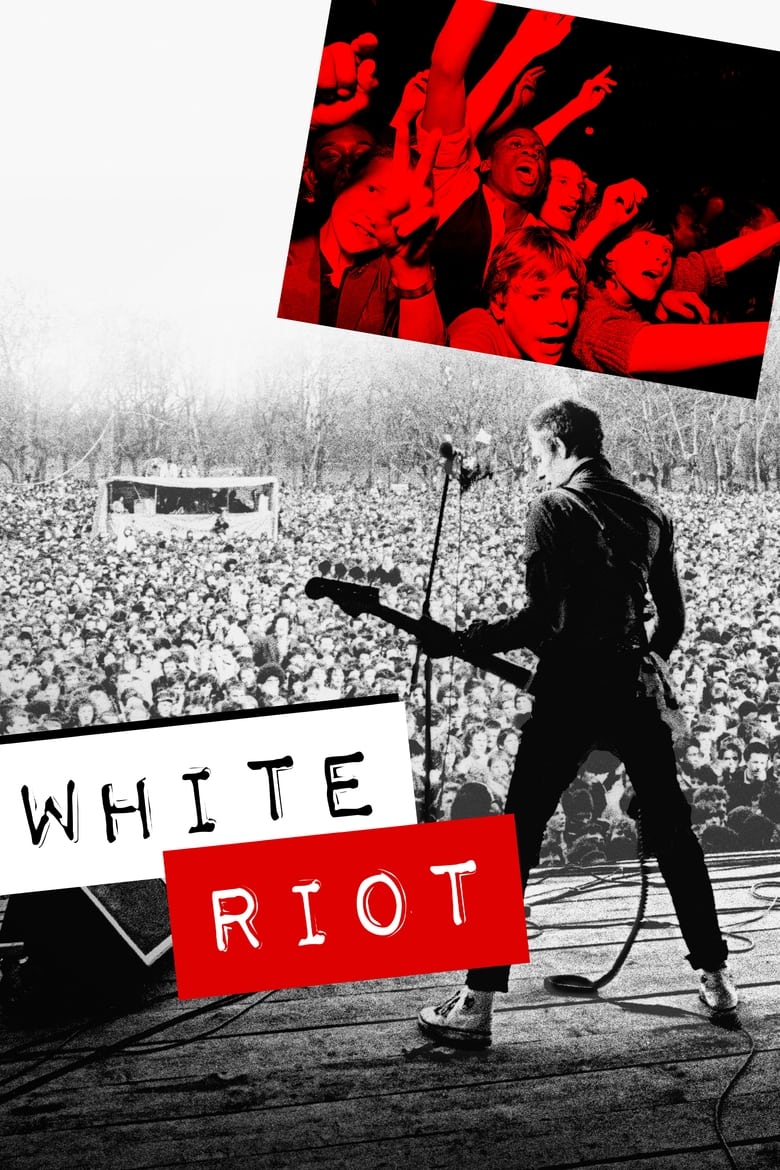
White Riot
Exploring how punk influenced politics in late-1970s Britain, when a group of artists united to take on the National Front, armed only with a fanzine and a love of music.
Rating:
7.2/10
Votes:
25
Year:
2020

The Man Who Skied Down Everest
This Oscar-winning documentary tells the story behind Japanese daredevil Yuichiro Miura's 1970 effort to ski down the world's tallest mountain. Preserved by the Academy Film Archive in 2010.
Rating:
6.6/10
Votes:
18
Year:
1975
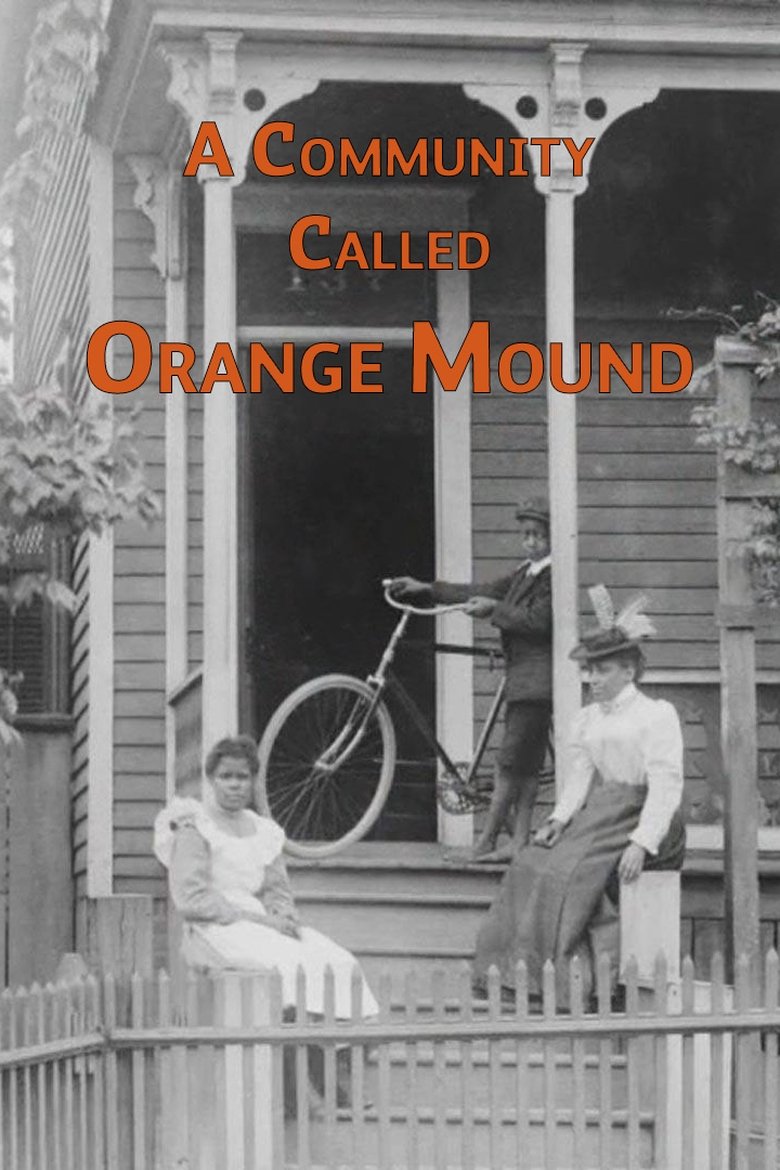
A Community Called Orange Mound
Orange Mound is a southeast Memphis neighborhood with a surprising legacy. With roots going back to the time of plantations and slavery, Orange Mound grew at the end of the nineteenth century out of the remains of that defunct way of life. It was one of the first communities in the United States to be built entirely by and for African Americans.
Rating:
0.0/10
Votes:
0
Year:
2013
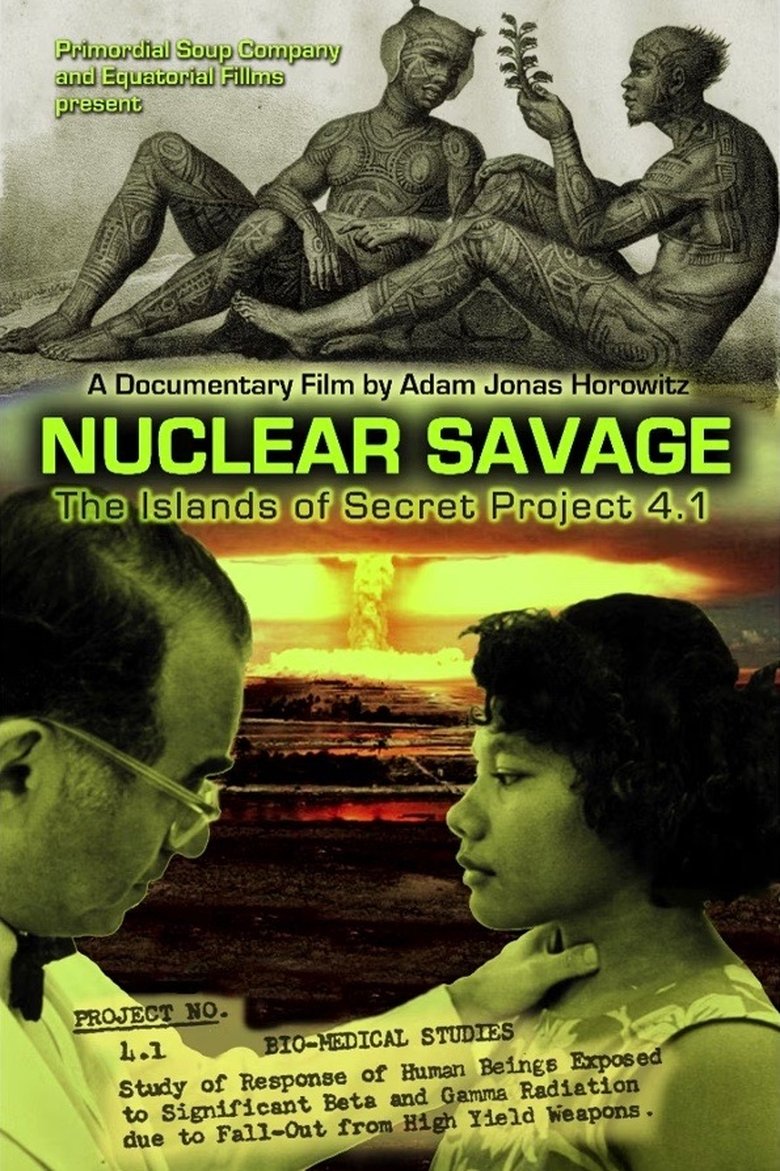
Nuclear Savage: The Islands of Secret Project 4.1
A shocking political exposé, and an intimate ethnographic portrait of Pacific Islanders struggling for survival, dignity, and justice after decades of top-secret human radiation experiments conducted on them by the U.S. government.
Rating:
6.4/10
Votes:
6
Year:
2011

Kristallnacht
A bewitching, mysterious work of enveloping beauty, the film’s ominous title and a dedication to Anne Frank deeply inform our reading of its haunting subtext. Preserved by the Academy Film Archive, in partnership with the National Film Preservation Foundation, in 2009.
Rating:
9.0/10
Votes:
1
Year:
1979
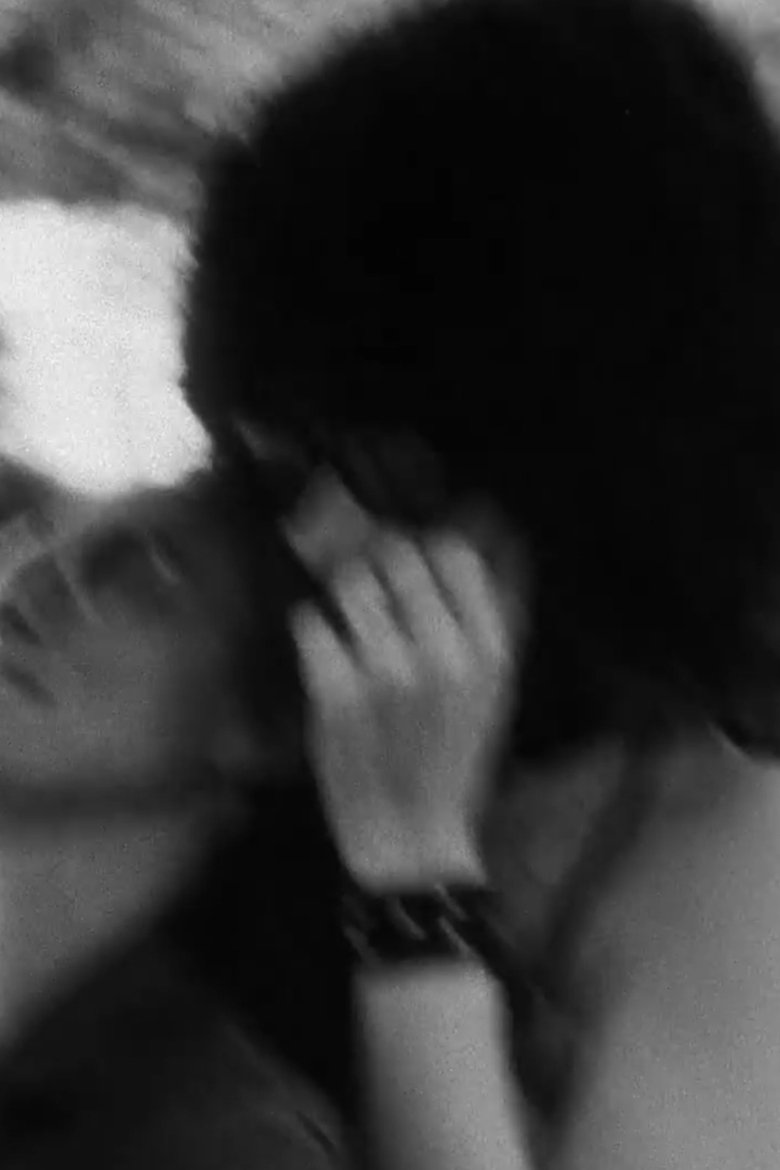
I Don't Know
A truly major work, I Don’t Know observes the relationship between a lesbian and a transgender person who prefers to be identified somewhere in between male and female, in an expression of personal ambiguity suggested by the film’s title. This nonfiction film – an unusual, partly staged work of semi-verité – is the first of Spheeris’s films to fully embrace what would become her characteristic documentary style: probing, intimate, uncompromising. Preserved by the Academy Film Archive in 2014.
Rating:
4.0/10
Votes:
3
Year:
1971
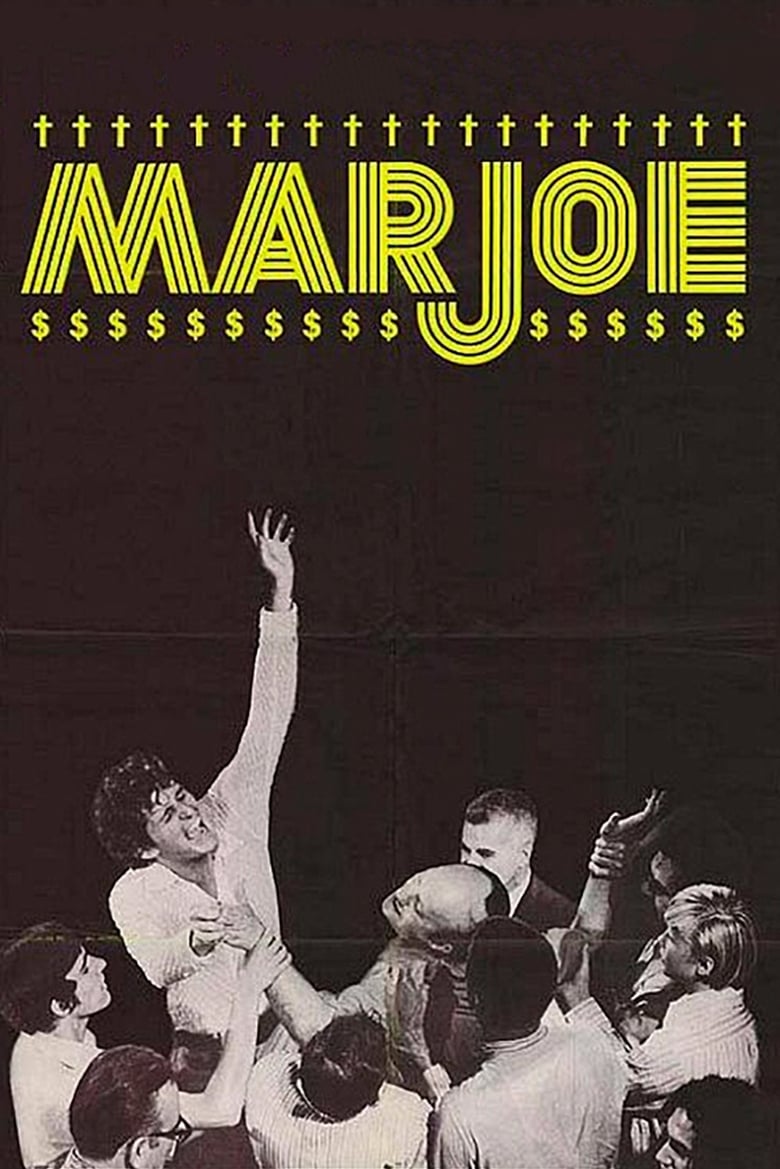
Marjoe
Part documentary, part expose, this film follows one-time child evangelist Marjoe Gortner on the "church tent" Revivalist circuit, commenting on the showmanship of Evangelism and "the religion business", prior to the start of "televangelism". Preserved by the Academy Film Archive in 2005.
Rating:
7.613/10
Votes:
31
Year:
1972

The Blinding of Isaac Woodard
In 1946, Isaac Woodard, a Black army sergeant on his way home to South Carolina after serving in WWII, was pulled from a bus for arguing with the driver. The local chief of police savagely beat him, leaving him unconscious and permanently blind. The shocking incident made national headlines and, when the police chief was acquitted by an all-white jury, the blatant injustice would change the course of American history. Based on Richard Gergel’s book Unexampled Courage, the film details how the crime led to the racial awakening of President Harry Truman, who desegregated federal offices and the military two years later. The event also ultimately set the stage for the Supreme Court’s landmark 1954 Brown v. Board of Education decision, which finally outlawed segregation in public schools and jumpstarted the modern civil rights movement.
Rating:
0.0/10
Votes:
0
Year:
2021

Black History: Lost, Stolen or Strayed
A documentary that reviews the numerous contributions of African-Americans to the development of the United States. From the perspective of the turbulent late 1960s, the fact that their positive roles had not generally been taught as part of American history, coupled with the pervasiveness of derogatory stereotypes, was evidence of how Black people had long been victims of negative attitudes and ignorance.
Rating:
0.0/10
Votes:
0
Year:
1968

California's Golden Beginning
A description and enactment of the discovery of gold by James Marshall, and the role played by John Sutter. Preserved by the Academy Film Archive.
Rating:
0.0/10
Votes:
0
Year:
1948

Inside America's last whites-only church
"In rural Minnesota, a fringe Heathen group known as the Asatru Folk Assembly has purchased a local church – and membership is strictly whites-only. "They worship Nordic, pre-Christian gods and they call themselves a 'folk religion' that only accepts those with northern European ancestry. Their racially exclusive ideology is protected by the first amendment. "Amudalat Ajasa visits the church to understand how it is gaining influence across the country and to meet the anti-racist Heathens fighting back to reclaim their religion."
Rating:
0.0/10
Votes:
0
Year:
2021
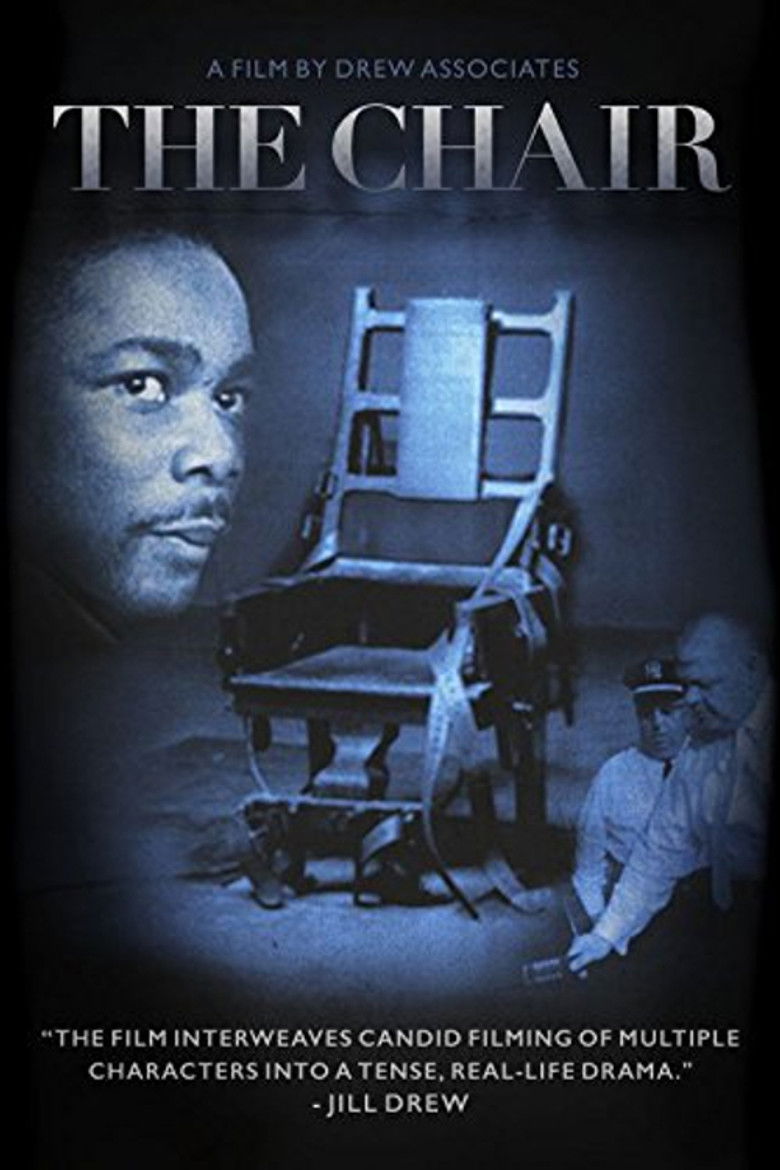
The Chair
Follows a crusading lawyer as he embarks on a campaign to save an African-American man, Paul Crump, from the electric chair. Preserved by the Academy Film Archive in partnership with The Film Foundation in 2007.
Rating:
6.0/10
Votes:
1
Year:
1963
If current server doesn't work please try other servers beside.